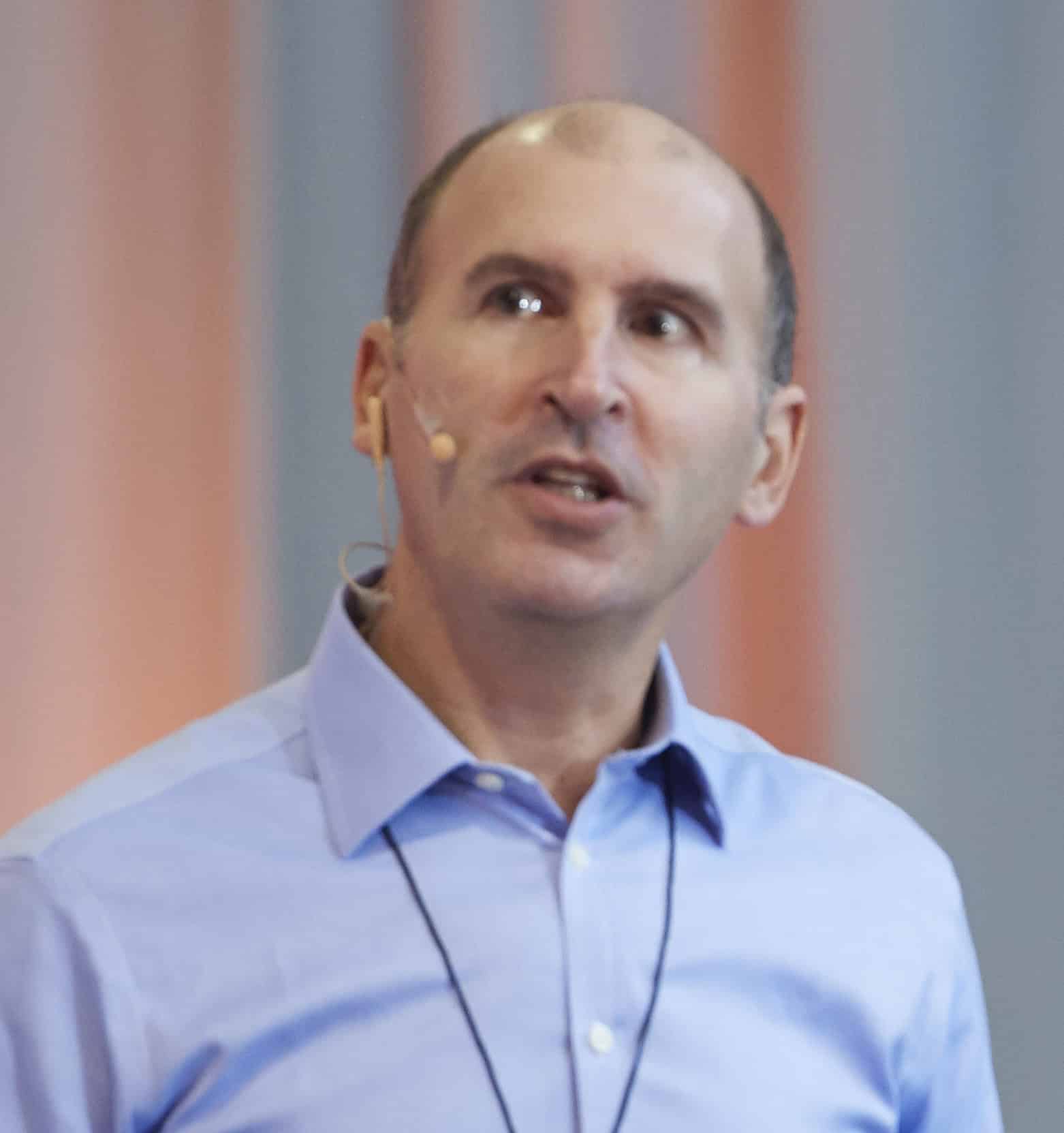Pablo Brizzio serves as the chief financial officer (CFO) of Ternium, a steel company known for its integrated manufacturing processes for steel and value-added products. Headquartered in Luxembourg and listed on the New York Stock Exchange (NYSE), Ternium operates across Latin America and is majority owned by the Rocca family. Brizzio has held the position of CFO since 2010. The following Q&A has been edited for clarity and conciseness
Global Finance: You’ve been in the CFO role at Ternium for over 14 years. What has been your most significant challenge?
Pablo Brizzio: One challenging period was in 2009 when Venezuela, under Hugo Chavez’s leadership, nationalized Sidor, a Ternium unit. Negotiating a compensation deal was arduous, but ultimately, we secured around $2 billion. It was a success considering the circumstances, and the process was quite complex. Not every company manages to obtain compensation in such situations.
GF: Did the fact that you are Argentine helped in this process?
Brizzio: In Latin America we are able to navigate through different governments and different ways of doing things, and this helps you to prepare well for the uncertainties and the changes that can happen in the market. Unfortunately, we are used to these swings in ways government interact with companies.
GF: Have there been any recent challenges?
Brizzio: Certainly, our growth through acquisitions—particularly the recent one in Brazil where we increased our stake in the country’s largest steel company, Usiminas—has presented challenges. Since our inception, Ternium expanded from Argentina to Mexico, Brazil, Colombia and the US. Integrating operations across diverse locations while adhering to different regulations and NYSE listing rules has been demanding. Consolidation is a common trend in the steel industry, and with Usiminas we’re working to integrate it into Ternium due to our majority voting rights.
GF: How crucial is the CFO’s role in consolidation processes?
Brizzio: The CFO plays a vital role, as these processes involve extensive interaction across various sectors of the company. We are tasked with both internal and external responsibilities, from core operations to relationships with stakeholders like investors, regulators and customers. Compliance requirements are substantial and are increasingly integrated into the company’s strategy, making the CFO’s voice significant. Operating from Luxembourg and being listed on the NYSE means adhering to different standards, and emerging issues like ESG further emphasize our role.
GF: Regarding ESG, do you lean toward the European or US approaches?
Brizzio: Both regions have different approaches, but ultimately our focus, particularly in the steel sector, is on the decarbonization process due to our production methods. We have set decarbonization targets and are actively working toward them. However, full decarbonization in our sector remains a challenge due to technological limitations. It’s crucial to establish common ground among stakeholders and develop measurable metrics for progress.
GF: What is the single thing you spend the most of your time and energy focusing on these days?
Brizzio: The consolidation of Usiminas. We have 25% of the total shares but we have 50% of the voting share, so we can nominate the people to the board. This process has many requirements to fulfill.
GF: What advice would you give to someone aspiring to become a CFO?
Brizzio: The role of CFO encompasses various aspects, from finance and accounting to investor relations and stakeholder management. Exposure to different parts of the company and external stakeholders is essential for career development. While the role has evolved beyond traditional finance functions, having a well-rounded skill set and adaptability are key attributes for success in this dynamic role.




